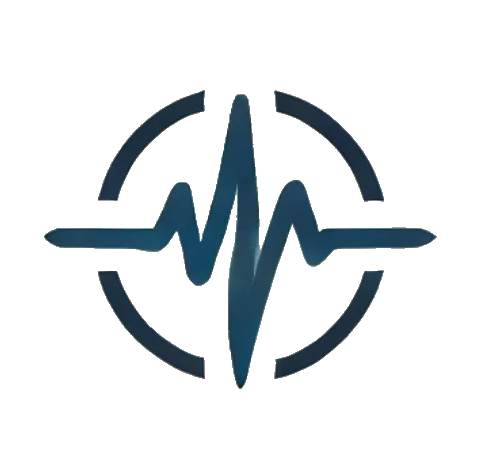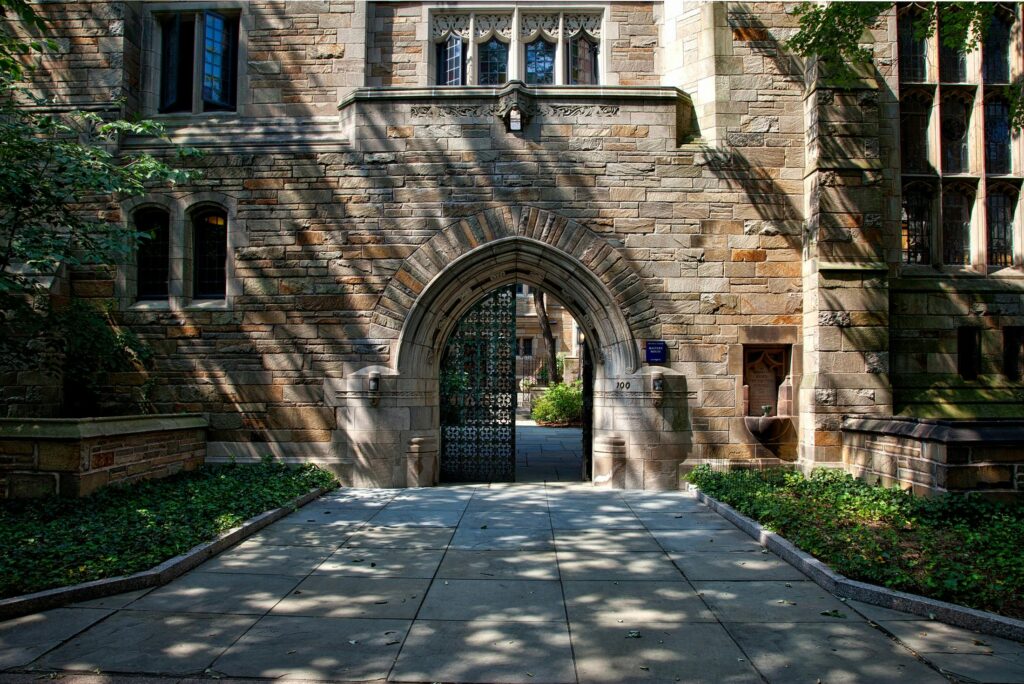Choosing the right undergraduate program in Canada is one of the most important steps in your journey to medical school. A strong program can not only fulfill your prerequisite courses but also provide you with ample research, volunteer, and clinical opportunities that will help make your medical school application stand out among the crowd.
Although Canada doesn’t have official “premed” tracks in the way some American universities do, certain programs have gained a reputation for preparing students exceptionally well for medical school admission. Here, we’ll explore some of the top pre-med programs in Ontario and across Canada, focusing on what makes each one uniquely suited to preparing you for medical school.
Why Your Choice of Premed Program Matters
Medical school admissions is Canada are highly competitive. GPA cut offs are very steep, MCAT scores must be strong, and meaningful experience in research and the community is expected.
A well-chosen undergraduate program can provide:
- High GPA Potential: A challenging but manageable curriculum where academic success is realistic.
- Access to Research: Early opportunities for hands-on research, ideally with the chance to publish or present.
- Mentorship & Advising: Guidance from faculty and upper-year students with successful med school track records.
- Clinical Exposure: Proximity to hospitals and clinics for volunteering and shadowing.
- Flexibility: A curriculum that lets you explore interests while protecting your GPA and preparing for the MCAT.
Looking to boost your med school chances? Check out our tips for building a standout application to help you get that acceptance.
1. McMaster University: Bachelor of Health Sciences (BHSc)
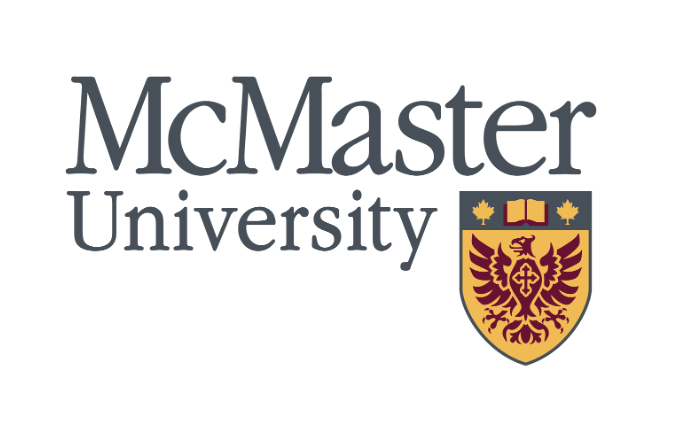
Location: Hamilton, Ontario
Known For: Problem-based learning (PBL), holistic curriculum, guidance and mentorship from faculty and senior students
McMaster University’s Bachelor of Health Sciences program is highly regarded across Canada, attracting over 7,000 applicants for just 240 spots each year. This competitive program employs a problem-based learning approach similar to medical school, promoting collaborative problem-solving, critical thinking, and self-directed learning, which are essential skills for a career in medicine. The program tailors itself to topics in human health, bioethics, population health, and clinical problem-solving.
Standout Features
- Strong Acceptance Outcomes: Though BHSc largely attracts medical school McMaster BHSc students historically have one of the highest medical school acceptance rates in Canada, partly due to how well the program prepares students for the MMI (used by McMaster’s own medical school and others).
- Problem-Based Learning: Students tackle real-world health problems in small groups. A focus on critical thinking, collaboration, and self-directed helps prepare students for medical school.
- Health-Centered Curriculum: Unlike general science programs, BHSc coursework is tailored to health systems, clinical reasoning, and social determinants of health, which are topics increasingly valued by Canadian medical schools.
- Close-Knit Community: With just ~240 students per year, BHSc fosters strong mentorship, faculty access, and peer collaboration, plus robust alumni support.
- Research and Clinical Exposure: Opportunities are built into the curriculum, with many students participating in clinical research or hospital-based volunteering at Hamilton Health Sciences.
Pro Tip: The application includes essays that weigh heavily in admissions, which is common practice for future medical school applications. Seek guidance and help from peers, teachers, or colleagues that are currently in the program.
Ready to boost your med school application? Start with the right extracurriculars and explore our guide on finding great research projects.
2. Western University: Bachelor of Medical Sciences (BMSc)
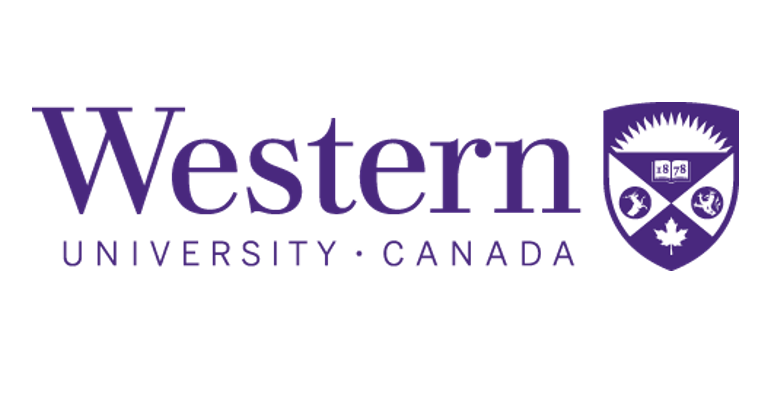
Location: London, Ontario
Known For: Strong science curriculum, MCAT alignment, integrated hospital connections
Western University’s Bachelor of Medical Sciences program is highly regarded among aspiring premed students. Western’s BMSc program is a research-heavy, academically rigorous option that dives deep into anatomy, physiology, pharmacology, and pathology. This program is especially strong for students who want to focus on the science side of medicine.
Standout Features
- Intensive Science Training: The curriculum is highly aligned with medical school content and MCAT topics, helping students build a strong academic foundation.
- Early Access to Research: Western is home to the Robarts Research Institute and has numerous labs that welcome undergrad participation, often from second year onward.
- Clinical Connections: Students benefit from close ties to London Health Sciences Centre, one of Canada’s largest teaching hospitals, with opportunities for volunteering and shadowing.
- Specialization Streams: In upper years, students can choose from focused modules like neuroscience, immunology, or epidemiology, allowing for a personalized academic path.
- Strong Academic Reputation: This program is well-known among Canadian med schools and produces many successful applicants each year.
Note: While academically rigorous, the GPA curve can be tough. Choose this program if you’re confident balancing intensity with achievement.
3. Queen’s University: Bachelor of Health Sciences (BHSc)
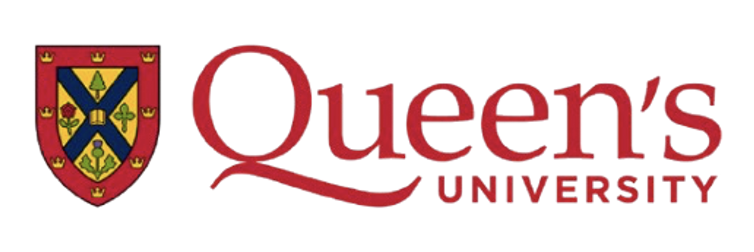
Location: Kingston, Ontario
Known For: Online-heavy flipped classroom; one of Canada’s newest health sciences degrees
Queen’s University in Kingston, Ontario, is another excellent option for pre-med students. Although Queen’s Health Sciences is a relatively new program, it had an acceptance rate of approximately 4.25% in 2020. The program delivers most lectures asynchronously through an online-first model, allowing students to spend in-person time in labs, case discussions, and peer collaboration. Its curriculum aligns closely with medical school prerequisites and MCAT content, while its flexible delivery model helps many students maintain high GPAs, critical for competitive applications in Canada.
Standout Features
- Flipped Classroom Learning: Most lectures are delivered online, freeing up in-person time for labs, group discussions, and case-based learning. This model encourages active engagement and allows students to learn at their own pace, ideal for building lasting understanding.
- Customizable Learning Tracks: As students progress, they can tailor their degree toward interests like global health, public policy, or biomedical sciences, giving them a competitive edge for different med school pathways.
- Well-Rounded Experience: Queen’s supports a diverse range of extracurriculars, including health-focused clubs, peer mentoring, research groups, and leadership opportunities, all within a close-knit, collaborative campus culture.
- Strong Clinical Connections: The program partners with Kingston Health Sciences Centre and other local healthcare institutions, offering plenty of chances for shadowing, volunteering, and patient-facing experience.
Although relatively new, the Queen’s BHSc program is already producing competitive med school applicants. Its emphasis on academic performance, MCAT readiness, and experiential learning makes it a strong strategic choice for students focused on entering medical school in Canada.
Starting your MCAT journey? Check out our introductory guide to understand the exam, then explore our post on the best MCAT prep materials and budgeting tips.
4. University of Ottawa: Biomedical Science and Health Sciences

Location: Ottawa, Ontario
Known For: Bilingual education, strong hospital ties, dual premed streams
The University of Ottawa is Canada’s only officially bilingual university, making it a top choice for students interested in working in French-speaking communities or attending a French-language medical school. With two distinct premed-friendly options (Biomedical Science and Health Sciences), uOttawa offers flexibility based on your interests in clinical medicine, research, or public health.
Standout Features
- Two Premed Pathways: Students can choose between Biomedical Science for a lab-intensive, research-focused route, or Health Sciences for a broader look at healthcare systems, public health, and community wellness. Both offer strong academic preparation for med school.
- Bilingual Advantage: Courses are offered in both English and French, giving students the chance to study and communicate in both official languages, an asset for applicants to French medical schools or those aiming to practice in bilingual regions.
- Research & Science Focus: The Biomedical Science program includes in-depth coursework in molecular biology, physiology, and genetics, with opportunities for undergraduate research that strengthen your med school application.
- Public Health & Community Focus: The Health Sciences program emphasizes population health, anatomy, and social determinants of health, which comes handy for medical school applications and interviews.
- Strong Clinical Affiliations: The university is affiliated with The Ottawa Hospital and CHEO (Children’s Hospital of Eastern Ontario), offering students hands-on access to clinical settings, volunteering, and research placements.
The University of Ottawa offers a unique blend of science and healthcare perspectives, which makes it a versatile option for students interested in multiple areas of medicine.
5. McMaster University: Life Sciences
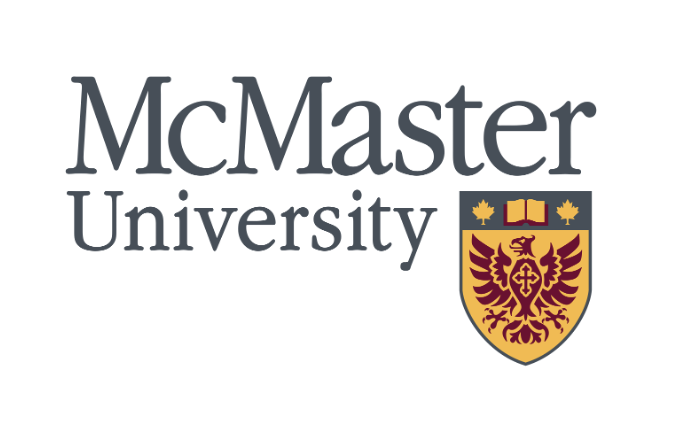
Location: Hamilton, ON
Known For: Flexible course selection, foundational science training, opportunity to specialize in upper years
McMaster University’s Life Sciences program offers a broad and versatile science education, making it ideal for students who want flexibility in their premed path or are interested in various postgraduate options, including medical school, graduate research, or health professional programs. The program builds a solid academic foundation for the MCAT and medical school prerequisites, and its modular upper-year structure lets students tailor their education to specific interests such as neuroscience, physiology, or mental health.
Standout Features
- Flexible Curriculum: Upper-year students can specialize in areas like Psychology Neuroscience and Behaviour, Origins of Disease, Chemical Biology, among others, tailoring coursework to personal interests or medical school goals.
- Strong Science Foundation: First-year courses closely match MCAT content, and upper-year electives allow deeper dives into human physiology, pharmacology, or anatomy based on academic interests.
- Opportunities for Research & Volunteering: Although not guaranteed, motivated students can access research assistant roles, thesis projects, and clinical volunteering through McMaster’s medical ecosystem.
- Active Premed Environment: Life Sci students benefit from MCAT prep groups, premed clubs, and proximity to McMaster’s medical school, fostering a motivated and collaborative atmosphere.
McMaster Life Sciences students regularly gain admission to Canadian med schools, especially when they combine academic success with research, volunteering, and well-chosen extracurriculars.
Got a shaky GPA dragging down your confidence? Visit our guide on how students with lower GPAs still build standout applications.
Other Top Pre-Med Programs Across Canada
As an Ontario undergrad and medical school graduate, my opinions primarily focus on schools in my province. Though Ontario offers a number of excellent pre-med options, there are many other top programs in other provinces that are known to be excellent for pre-med preparation:
- University of British Columbia (UBC): UBC’s Life Sciences program, located in Vancouver, has a strong reputation for both academics and research. The university’s partnership with Vancouver General Hospital and other healthcare facilities provides students with excellent clinical and volunteer opportunities.
- Dalhousie University: In Nova Scotia, Dalhousie’s Health Sciences and Life Sciences programs are known for their focus on community healthcare and offer opportunities for students interested in practicing in smaller communities, which is especially relevant in underserved areas.
- McGill University: McGill’s Life Sciences program in Quebec has produced a long line of successful medical school applicants. Its emphasis on critical thinking and research aligns well with the needs of medical students, and the program benefits from McGill’s reputation as one of Canada’s top research institutions.
Considering a career in health but not medicine? Explore our guide on alternative healthcare careers that offer great work-life balance and competitive salaries.
Final Thoughts
Choosing the right pre-med program is an essential first step, but it’s equally important to succeed within that program. Here are a few strategies to keep in mind:
- Keep Up a High GPA: Canadian medical schools are very GPA-focused, so aim to maintain a GPA of at least 3.7 to remain competitive.
- Prepare for the MCAT Early: Many of these programs align with the MCAT’s required knowledge, but independent study is also essential. Start preparing well in advance to achieve a high score.
- Engage in Extracurriculars: Medical schools look for well-rounded applicants. Get involved in activities like volunteer work, clinical shadowing, and student leadership to build a strong application profile.
- Build Relationships with Faculty: You’ll need strong recommendation letters, so seek out opportunities to build connections with professors, whether through research, mentorship, or simply active engagement in class.
- Seek Out Research and Clinical Experience: Both are valuable additions to your application. Many Canadian medical schools value research, so any lab or clinical experience you gain as an undergrad will be beneficial.
Ultimately, you can get into medical school from ANY premed program. The best program is the one that aligns with your personal and academic strengths, offers resources that suit your needs, and provides a supportive environment to help you succeed. Whether you choose a highly competitive program like McMaster’s BHSc or a more traditional route like Western’s BMSc, Canada’s top universities offer excellent pathways to medical school and a rewarding career in healthcare. Wishing you all the best, you got this!
Need help navigating OMSAS? Visit our introductory OMSAS guide for everything you need to know about applying to medical schools in Ontario.
